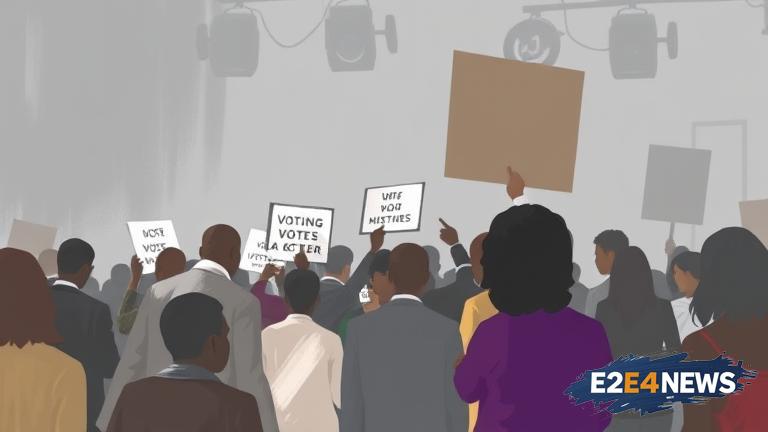The Voting Rights Act, signed into law by President Lyndon B. Johnson in 1965, was a landmark legislation aimed at eliminating racial discrimination in voting. The act prohibited literacy tests and other barriers to voting, and authorized federal officials to monitor elections in states with a history of voter suppression. Over the years, the act has undergone several amendments, including the extension of protections to language minorities and the disabled. Despite its successes, the Voting Rights Act has faced numerous challenges, including Supreme Court decisions that have limited its scope. In 2013, the court struck down a key provision of the act, known as Section 4(b), which required certain states to preclear changes to their voting laws with the federal government. This decision, known as Shelby County v. Holder, has been criticized for allowing states to implement voter ID laws and other measures that disproportionately affect minority voters. Proponents of the act argue that it remains a vital tool for protecting the voting rights of marginalized communities, while opponents claim that it is outdated and overly broad. The debate over the Voting Rights Act has significant implications for the future of American democracy, with many arguing that it is essential for ensuring equal access to the ballot. Others, however, believe that the act has outlived its usefulness and that states should be free to regulate their own elections without federal interference. The act’s history is complex and multifaceted, with roots in the civil rights movement of the 1950s and 1960s. The movement’s leaders, including Martin Luther King Jr., played a crucial role in pushing for the passage of the act. Since its enactment, the Voting Rights Act has been used to challenge a wide range of voting laws and practices, from poll taxes to voter ID requirements. The act has also been used to protect the voting rights of language minorities, including Spanish-speaking and Native American voters. Despite these successes, the act faces significant challenges in the modern era, including the rise of voter suppression tactics and the increasing polarization of American politics. The Supreme Court’s decision in Shelby County v. Holder has been particularly devastating, as it has allowed states to implement laws that disproportionately affect minority voters. For example, voter ID laws have been shown to reduce turnout among African American and Latino voters, who are less likely to have the required forms of identification. The act’s proponents argue that these laws are a clear example of the kind of voter suppression that the act was designed to prevent. Others, however, believe that the laws are necessary to prevent voter fraud, despite a lack of evidence to support this claim. The debate over the Voting Rights Act is likely to continue in the coming years, with significant implications for the future of American democracy. As the country becomes increasingly diverse, it is essential that the voting rights of all citizens are protected. The Voting Rights Act remains a vital tool for achieving this goal, and its preservation is essential for ensuring that all Americans have an equal voice in the democratic process. The act’s legacy is a testament to the power of grassroots activism and the importance of protecting the fundamental right to vote. As the country moves forward, it is essential that the Voting Rights Act is strengthened and updated to address the challenges of the modern era. This includes addressing the rise of voter suppression tactics and ensuring that all citizens have equal access to the ballot. The act’s future is uncertain, but its importance cannot be overstated. It remains a cornerstone of American democracy, and its preservation is essential for ensuring that the country remains a beacon of freedom and equality for generations to come.
